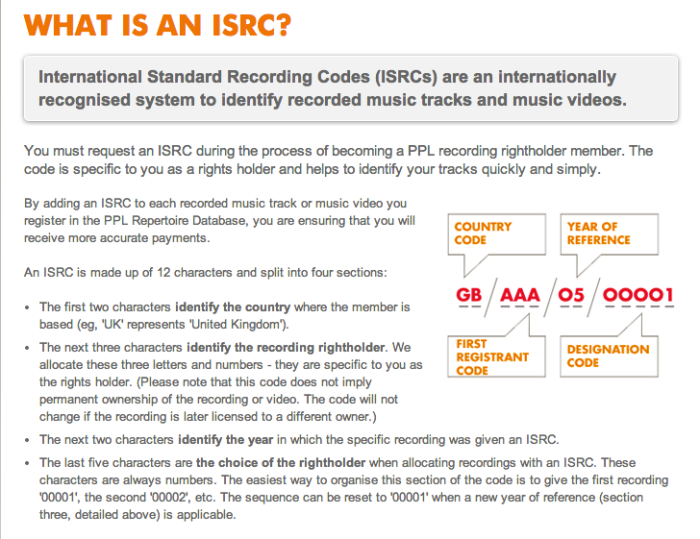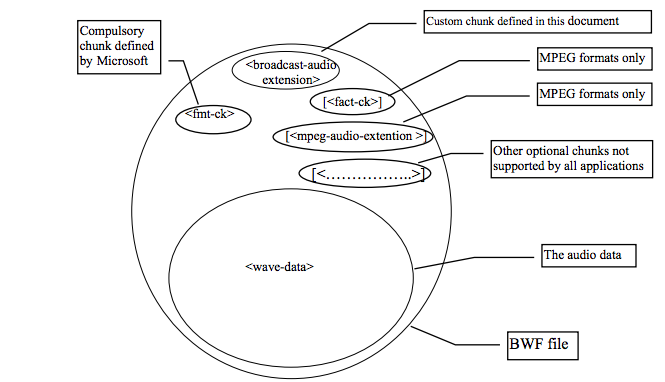Online Mastering: How does online mastering work?
Online mastering works just as the sentence sounds, your tracks get mastered via the internet therefore deeming it ‘Online Mastering’. It’s a great way for mastering engineers and artists to broaden whom they are able to work with. The great thing with online mastering is the fact that you don’t have to really do anything except send your tracks over to the mastering engineer, sit back and wait for the re-appear in your inbox. This is perfect for some people who have tight time-schedules and can’t/don’t want to attend the sessions, and usually if your working with an Indian client or Australian client and your studio is in Wales, they most definitely wont be attending. But, with the advances in technology of the 21st century, mastering studios can now allow clients to virtually attend their mastering session, pretty cool, eh? So, really, the line is no longer drawn between online mastering engineer and un-attended sessions, it is now possible to attend even an online mastering session.
Which brings me to the question, “How does online mastering work?”.
Well the answer is quite simple really; you simply upload your tracks to the chosen studio, pay for the mastering session and then sit tight until the mastering engineer contacts you with your final mixes.
The whole process really begins with you, the client. You trawl through countless sites, different forums and social networks looking for the best place to get your work mastered. Each different online company will work in a slightly different way, but they will all require you to upload your tracks, whether that is through dropbox, hightail or something like that.
(Before you go getting your tracks mastered though, check out this previous post on getting your tracks ready for mastering http://blog.masteringworld.com/2010/06/how-to-prepare-your-mixes-for-mastering/)
First rule for Online Mastering…Don’t talk about Online Mastering…
General rules for starting your online mastering quest:
Find your Studio – Online these days there are hundreds of genuine mastering studios and mastering engineers, so put time and effort into finding the right engineer and studio for you.
Don’t get a rough deal – Mastering is an art, an art that is sometimes overlooked. Be careful that you get someone who is more than capable of mastering your work, and not  just making it louder, anyone can do that. Check out mastering studios and their engineers where you’ll more than likely find a list of their clients and reference pieces.
just making it louder, anyone can do that. Check out mastering studios and their engineers where you’ll more than likely find a list of their clients and reference pieces.
Drop them an email – If you’re anything like me, you want to know that where your going to spend your money is the best place for the service you want. Even though mastering engineers are usually rushing round like idiots trying to do a thousand and one things, they  always want to keep their clients happy, and getting in touch before you commit to something is always a good way of judging where you go. There’s nothing a mastering engineer enjoys more than hearing from a prospective client so don’t hesitate in calling or dropping an email before you dive right in and get stuff mastered.
always want to keep their clients happy, and getting in touch before you commit to something is always a good way of judging where you go. There’s nothing a mastering engineer enjoys more than hearing from a prospective client so don’t hesitate in calling or dropping an email before you dive right in and get stuff mastered.
Mixes – Make sure your mix is where you want it to be, and a great thing with mastering engineers is the majority of them will give you a mix evaluation before they jump into  mastering. This is good for the mastering engineer and for you, the client. This means that any issues with the mix are dealt with before mastering has begun; this saves time and money in the long run.
mastering. This is good for the mastering engineer and for you, the client. This means that any issues with the mix are dealt with before mastering has begun; this saves time and money in the long run.
Don’t send MP3’s – Although to many music tech heads this will seem obvious, this still happens quite a lot. I know most tracks these days are .mp3 formats or .m4a formats, but for the mastering process they need to be 24 bit .wav files/aif files. Sending over the correct file formats in the first  instance obviously saves time for yourself and the mastering engineers. If your not sure on what the mastering engineer needs, just give them a call, although it may be ‘Online Mastering’ they are still human and would love to chat to you.
instance obviously saves time for yourself and the mastering engineers. If your not sure on what the mastering engineer needs, just give them a call, although it may be ‘Online Mastering’ they are still human and would love to chat to you.
Beginning the process:
Once you’ve established whom your going to send your hard work to, you’ll have to send them over your tracks, this can be done in a few ways. Masteringworld.com have a built in system which allows you to not only chose your mastering engineer and send tracks, but to send a whole host of other relevant info such as reference tracks etc.
Others will have a more simple approach, such as yousendit or dropbox, but it’s all in the same vein.
Usually, if you have sent your mastering to a well-known and well-regarded studio you will receive emails from the company, engineers and sometimes admin letting you know what is happening with your mastering and when it will be done. At masteringworld.com the turnaround is usually pretty quick and you’re informed throughout the process, this is usually via email or skype, we pride ourselves on keeping in touch with clients, there is nothing worse than not knowing what is going on when you’ve parted with your hard-earned-cash. So as a general rule if you don’t hear anything after a few days, drop them an email or give them a call, musicians are famously late and far too relaxed, so don’t get too worried, but make sure you remind them you’re there.
Virtually Attending Mastering:
When you know when your going to get your tracks mastered you may be able to attend the mastering session virtually. This is cool, and puts you more in touch with the mastering engineer, so if you can virtually attend a session, then I suggest you do. Whether you attend the mastering session or not, you’re still the engineers main priority.
When you receive your masters back will depend on how many tracks you are having mastered (once again, obvious), and it also depends on your mixes in the first place. (As I mentioned earlier make sure the mix is good to go when it’s sent to the mastering studio or mastering engineer). Generally studios usually run at around a seven-day turnaround. It is usually much quicker than this, but this gives you a rough estimate on time. As an online mastering company we offer at masteringworld.com a 48-hour turnaround option, this is great if you’re in a rush to have your tracks back. Anyway, enough shameless plugs about masteringworld.com. Have you been to masteringworld.com recently? You should.
So, you’ve had your tracks mastered, they sound good, but not exactly how you want, that’s cool. Most engineers and most mastering studios will quite happily take a second look at your tracks and make some tweaks and adjustments to your masters for free.
Don’t feel like you can’t ask your mastering engineer to make edits. Just like if you bought a teapot from Woolworths and it had a chip in it. You’d take it back right? It’s the same principle, and you’re the one paying for their time, you want it to be right. (Also a key point to make here is ‘you can’t polish a turd’, someone said to me the other day, ‘yeah, but you can roll it in glitter’, and yeah this is true, but don’t expect some life-changing dramatic results from mastering. If your mix isn’t up to scratch then mastering will help, but imagine if your mix was polished, imagine how good your master would sound then? So  bear this in mind)
bear this in mind)
Once you’re happy with how your tracks are sounding there are a few ways you can continue the process. The mastering engineer will have sent you the final masters, topped and tailed and ready for production, this is the end of the online mastering process. If you are sending the masters to a C.D. production house, it may be worth getting the mastering engineer to send you out the C.D. Production master. The great thing about the C.D. production master is that the ISRC codes can be embedded in the C.D. file. (Check out the ISRC codes blog for more info on this).
Overview:
Mastering this way is quick and convenient, and if you know what you are after, and you do your research it can pay dividends. Mastering is one of the key aspects of music production that is overlooked; music production doesn’t end at the recording studio, so keep in mind mastering when making your record.













